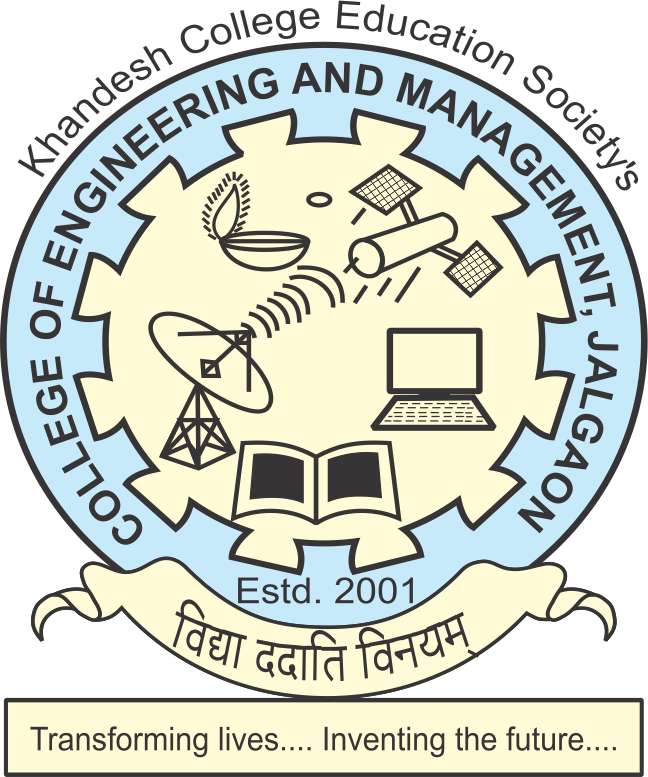Department of Diploma Electrical
Electrical Engineers are much in demand in India and everywhere. In the recent years, from house to companies every where there is a necessity of electricity to function, offering numerous opportunities to electrical engineers. These engineers can work in atomic power plants, hydel or thermal power plants. The department of Electrical Engineering initiated its journey in 2013 under MSBTE. This department is approved by AICTE proving advance and well-established laboratories (including Machine lab, Computer lab, Power System lab, Power Electronics lab etc.) along with a qualified and well experienced faculty members. The Electrical Engineering department has well qualified and experienced staff. The department takes part in arranging industrial visit, conducting Guest lectures, seminars project competition, poster competition, etc.
Vision

To set forth technical education theoretically and practically with high pattern of discipline through our dedicated staffs who shall set global standards, making our students distinctive from others which makes them employable and also to be an Entrepreneur in future along with ethical values and social concern.
Mission

• Providing quality education by experienced and qualified faculties in Electrical Engineering programme.
• Preparing our students for successful engagement in commercial and industrial enterprise, research and development, and graduate study as well.
• Imparting ambient circumstances and lab facilities which drive the students to interpret theoretical concepts practically.
• Preparing the students to meet out competitive examinations.
• Enhancing personality skills through various value added courses, short term trainings, seminars, guest lectures from industrial experts etc.,
Program Educational Objectives
PEO 1. Provide socially responsible, environment friendly solutions to Electrical engineering related broad-based problems adapting professional ethics.
PEO 2. Adapt state-of-the-art Electrical engineering broad-based technologies to work in multi-disciplinary work environments.
PEO 3. Solve broad-based problems individually and as a team member communicating effectively in the world of work.
Program Outcomes
After the successful completion of this Program student will be able to:
PO 1. Basic knowledge: Apply knowledge of basic mathematics, sciences and basic engineering to solve the broad-based Electrical engineering problems.
PO 2. Discipline knowledge: Apply Electrical engineering knowledge to solve broad-based electrical engineering related problems.
PO 3. Experiments and practice: Plan to perform experiments and practices to use the results to solve broad-based Electrical engineering problems.
PO 4. Engineering tools: Apply relevant Electrical technologies and tools with an understanding of the limitations.
PO 5. The engineer and society: Assess societal, health, safety, legal and cultural issues and the consequent responsibilities relevant to practice in the field of Electrical engineering.
PO 6. Environment and sustainability: Apply Electrical engineering solutions also for sustainable development practices in societal and environmental contexts.
PO 7. Ethics: Apply ethical principles for commitment to professional ethics, responsibilities and norms of the practice also in the field of Electrical engineering.
PO 8. Individual and team work: Function effectively as a leader and team member in diverse/multidisciplinary teams.
PO 9. Communication: Communicate effectively in oral and written form.
PO 10. Life-long learning: Engage in independent and life-long learning activities in the context of technological changes also in the Electrical engineering and allied industry.
Program Specific Outcomes
PSO 1. Electrical Equipment: Maintain various types of rotating and static electrical equipment.
PSO 2. Power Systems: Maintain different types of electrical power systems.





